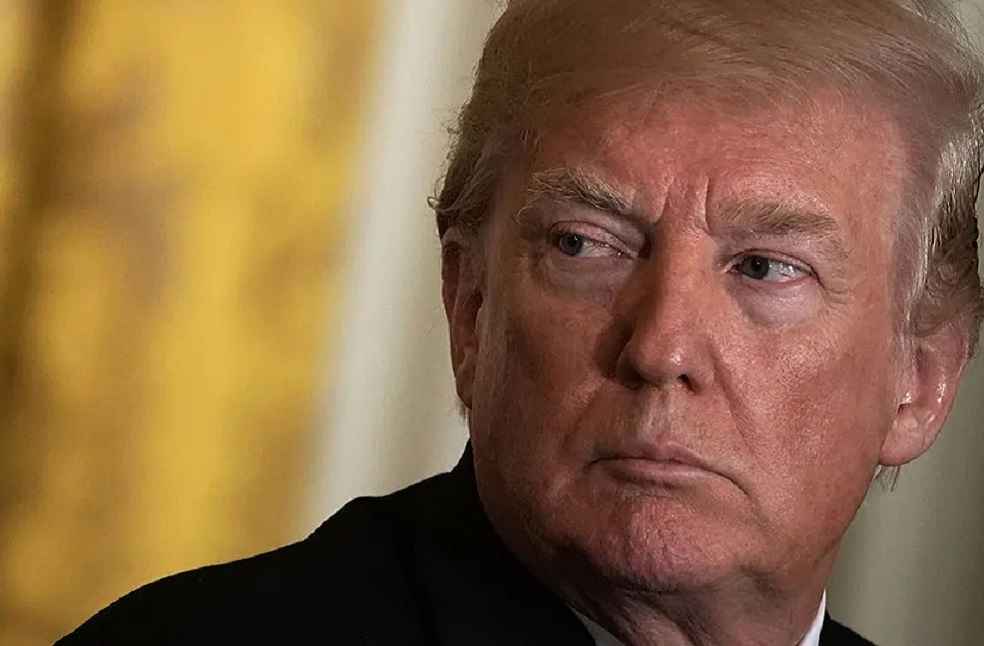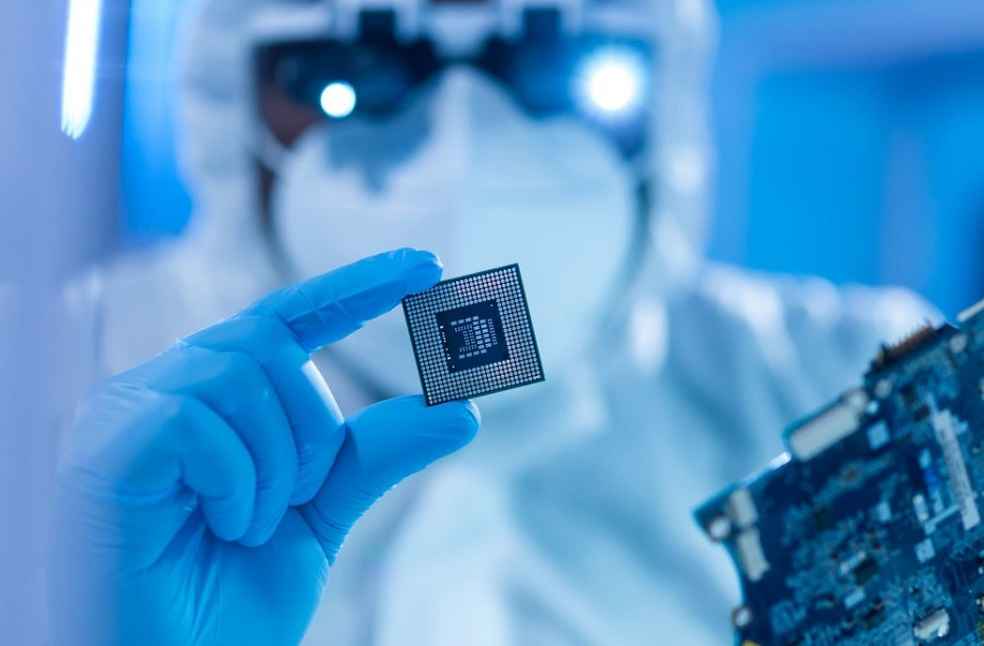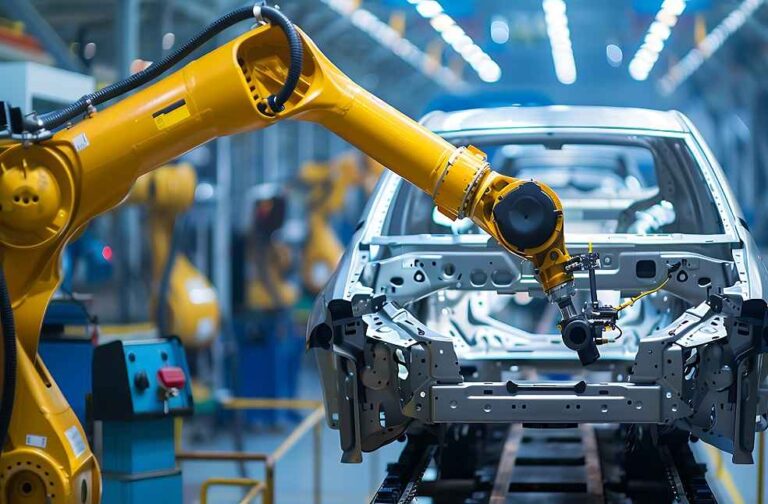As the U.S. presidential election draws closer, the auto industry is actively pushing to secure the Inflation Reduction Act (IRA), a crucial law that has fueled billions of dollars in investment into electric vehicle (EV) production, battery manufacturing, and the broader automotive supply chain. This legislation, two years old, has become a key driver in the U.S.’s strategy to enhance its position in the global EV market.
The IRA, alongside the bipartisan infrastructure law and the CHIPS and Science Act of 2022, has triggered a significant transformation in U.S. industrial policy. These laws have encouraged automakers, suppliers, and battery manufacturers to establish a stronger domestic supply chain, reducing dependency on imports, especially from China. Since August 2022, the IRA has been instrumental in directing $223 billion into EV-specific projects across the U.S., with two-thirds of that investment materializing post-IRA.

The future of these legislative achievements faces uncertainty, especially as the political landscape could shift dramatically after the election. Former President Donald Trump, a leading contender, has hinted at potentially eliminating the $7,500 tax credit for EV purchases—a decision that industry leaders caution could severely disrupt the momentum built under the IRA. Chris Nevers, Rivian’s senior director of public policy, emphasized the risks, comparing a repeal of the IRA to ‘yanking the rug out from underneath’ the manufacturers and suppliers deeply invested in U.S. production.
Concerns extend across the industry, particularly within battery manufacturing, which represents $133 billion of the total investment. The National Resources Defense Council warns that $89 billion in planned projects could be endangered if the IRA is revoked.

The stakes are significant, as U.S. EV sales, while growing, have not met initial expectations. Rolling back the IRA’s consumer tax credits could further slow this growth, with analysts predicting a potential decline in EV market penetration.
As election day approaches, automakers and suppliers are bracing for potential shifts in federal automotive policy. Some companies, like Toyota, are crafting strategies to navigate potential changes in government policy, but the uncertainty surrounding the IRA’s continuation looms large. The election outcome will prove decisive, either sustaining the industry’s current trajectory or introducing new challenges to the quest for electrification.
EV WORLD | SSE Opens Ireland’s First Ultra-Rapid EV Charging Hub in Mullingar





